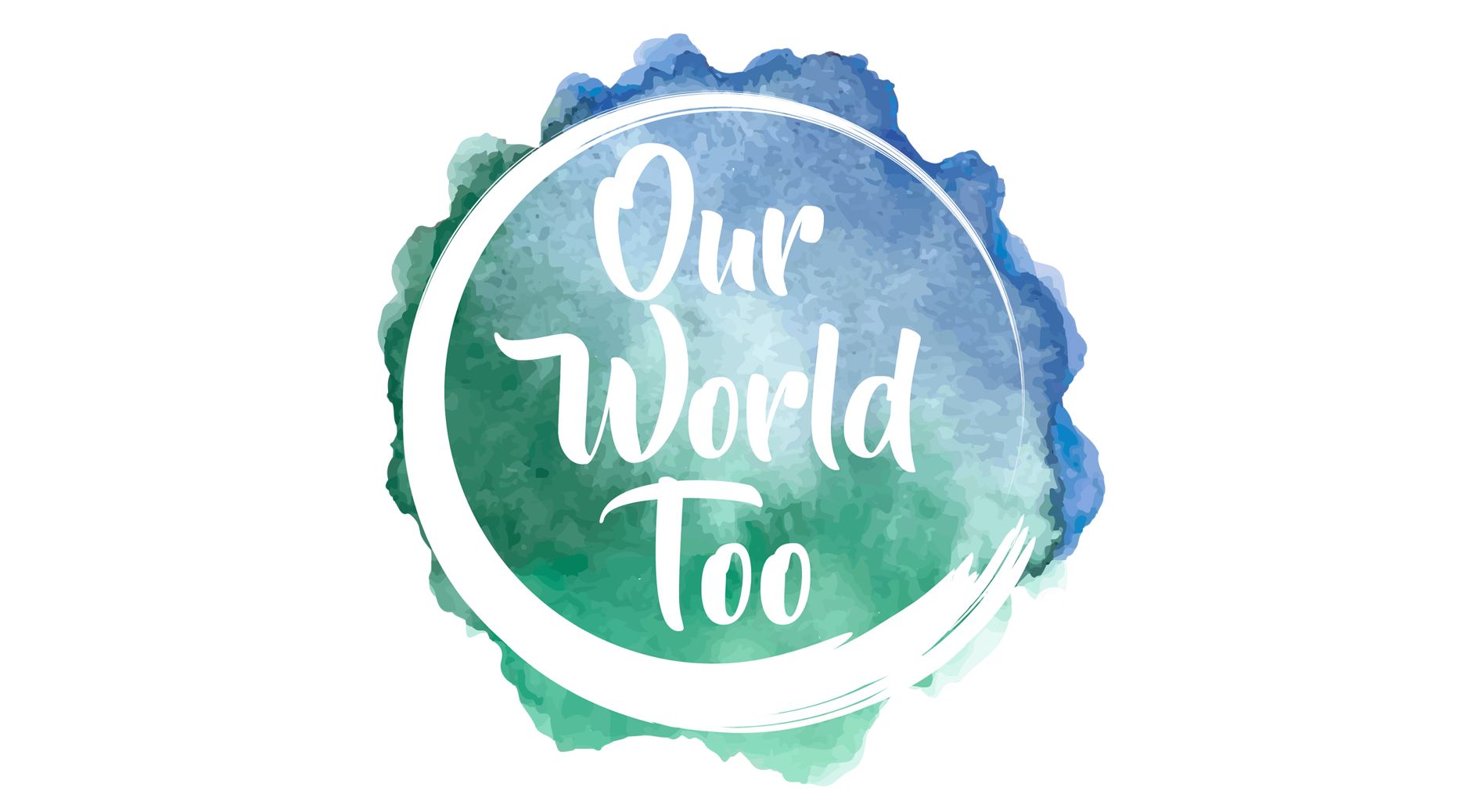International Day of Reflection on the 1994 Rwanda Genocide & its significance in today’s Global Context
The 7th of April marks the beginning of a hundred-day period which saw the murder of over one million people during the 1994 genocide in Rwanda, East Africa[1]. The Hutu extremist-led government systematically targeted the Tutsi minority alongside moderate Hutu members and others who opposed the massacres during this period. During the one hundred days, 70% of the Tutsi population were wiped out with almost 10,000 people killed daily. Sexual violence was utilised as a weapon of war, with Hutus forming ‘rape squads’ consisting of released AIDS patients to infect Tutsi women. Over 250,000 women and girls were raped with thousands of survivors and their children infected with the HIV/AIDS virus [2]. Fearing retribution, by August 1994 UNHCR estimated over two million majority Hutus, fearing retribution because of the empowered Tutsi government, had fled to neighbouring countries with an additional 1.5 million people displaced internally[3].
The genocide ended after the Tutsi-backed and heavily armed Rwandan Patriotic Front, took control of the capital and the country. The Genocide Memorial Day signifies the beginning of a national mourning period which lasts until Liberation Day on July 4th, to celebrate the day the Rwandan genocide ended.

Stereotyping, ‘othering’ and genocide in Rwanda
While the underlying factor that prompted the genocide was centred around ethnicity and the differentiation between the Hutu and Tutsi, the effects of stereotyping and ‘othering’ of people were present far before the genocide in 1994 [4].
Colonialism had a profound impact on Rwanda and is a contributing factor towards the deep divide which exists between the Hutus and Tutsis. From 1897-1918 Rwanda was a part of German East Africa, however after the end of World War 1, under the Treaty of Versailles, Rwanda became a protectorate of Belgium. In a pattern similar to Nazi Germany, group identity cards were introduced by Belgium to make differentiating between the two groups easier[5].
These factors succeeded in creating a huge racial and class divide which continues to have a lasting impact on Rwanda despite its independence in 1962. This rigid ethnic categorisation accompanied by negative stereotypes and ‘othering’ by the media, religious entities and through government statements formed the central theme of the propaganda campaign which later resulted in genocide.
Stereotyping and ‘othering’ in a contemporary global context
When considering the Rwandan Genocide within a contemporary context, the conscious effort of ‘othering’ individuals or groups and its effects can be reflected through the rhetoric of the right wing and conservative groups in Europe. This results in violence against those deemed as the ‘other’, in this instance refugees and asylum seekers. The presence of negative stereotypes and the ‘othering’ were evident within the British press since 2015 during the height of refugee migration towards the EU [6]. This predominantly negative construct involved the attachment of some kind of ‘threat’ to those who are displaced.
Framing human beings as an existential threat was built through a variety of negative portrayals, racial and ethnic stereotypes, erroneous attachments to acts of criminality or terrorism and questioning the legality of refugee claims. The use of these labels seeks to dehumanise an already vulnerable group of people and distances us from those experiencing displacement, leading us to think they are different from ourselves. For example, Former UK Prime Minister David Cameron was criticised for his description of a ‘swarm of people’ entering the UK. The use of the term ‘swarm’ invokes an imagery of refugees as insects and is disturbingly reminiscent of the language used to incite action from militias during the Rwandan genocide in their denunciation of the Tutsi as cockroaches[7].
In the latest demonstration of ‘othering’, the 24th of March 2021 saw the UK Home Secretary Priti Patel announce the UK’s Home Office New Plan for immigration, which details how the government intends to deal with people it has deemed to be entering the country ‘illegally’.Such a plan demonstrates that the UK government is refusing to uphold refugee rights, as outlined by the 1951 UN Refugee Convention, by criminalising those fleeing persecution[8]. Moreover, the objectives and justifications for the New Plan are based on harmful and negative stereotypes that work to perpetuate the ‘othering’ and further undermine the rights of refugees and asylum seekers.
We need to take a stand against the New Plan and raise awareness that all refugees and asylum seekers deserve to be treated with compassion, respect and dignity. We need to stop the culture of painting human beings as ‘others’ and choose to focus on the fact we have more in common with refugees and asylum seekers than with the politicians following those in history who have sought to divide us.
References and Other Sources:
[1] UNESCO, 2021. International Day of Reflection on the 1994 Genocide against the Tutsi in Rwanda.
[2] Bhalla, N. (2019). Factbox: Rwanda remembers the 800,000 killed on 25th anniversary of genocide. Available: https://www.reuters.com/article/us-rwanda-genocide-anniversary-factbox-idUSKCN1RI0FV.
[3] UNHCR. (2012). The Rwandan genocide and its aftermath. Available: https://www.unhcr.org/3ebf9bb60.pdf. Last accessed 5/04/21.
[4] Wielenga, C., 2012. Genocide and identity: Stereotyping,‘othering’and violence in Rwanda. University of Pretoria, South Africa.
[5] Kreps, A . (2019). Congo/Rwanda. Available: https://openoregon.pressbooks.pub/app/uploads/sites/93/2019/07/Eric.pdf
[6] Landgon, N., 2018. Empathy and othering: Framing Syria’s refugee crisis in the british press. Image.
[7] Melvern, L., 2019. A people betrayed: the role of the West in Rwanda’s genocide. Zed Books Ltd.
[8] UNHCR, 2021.Convention and Protocol Relating to the Status of Refugee.
